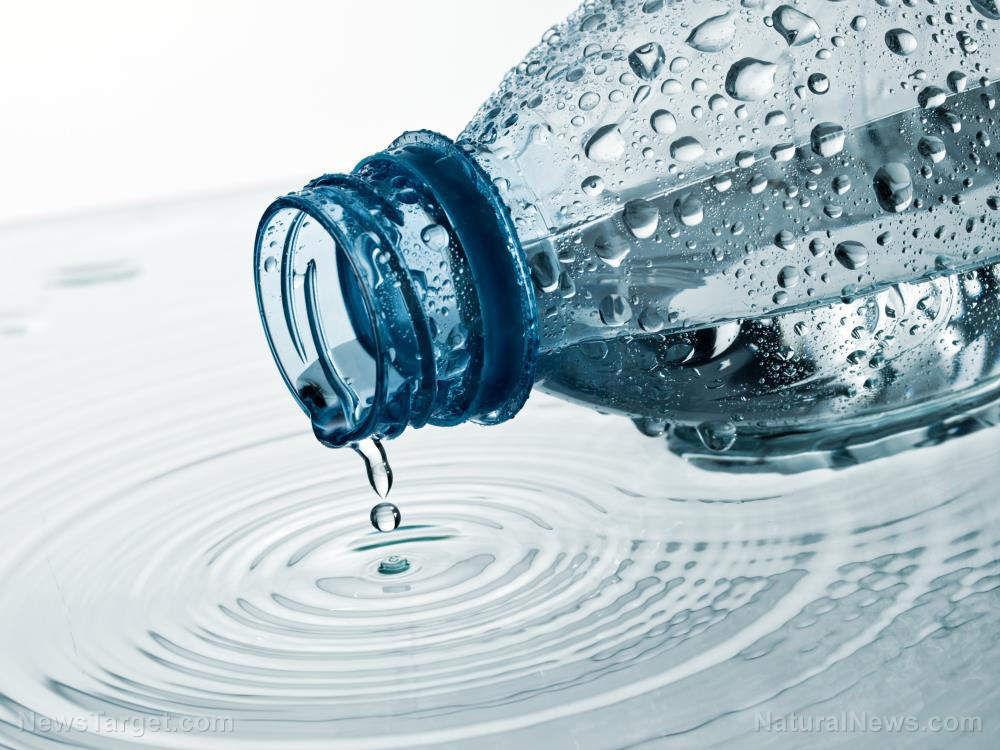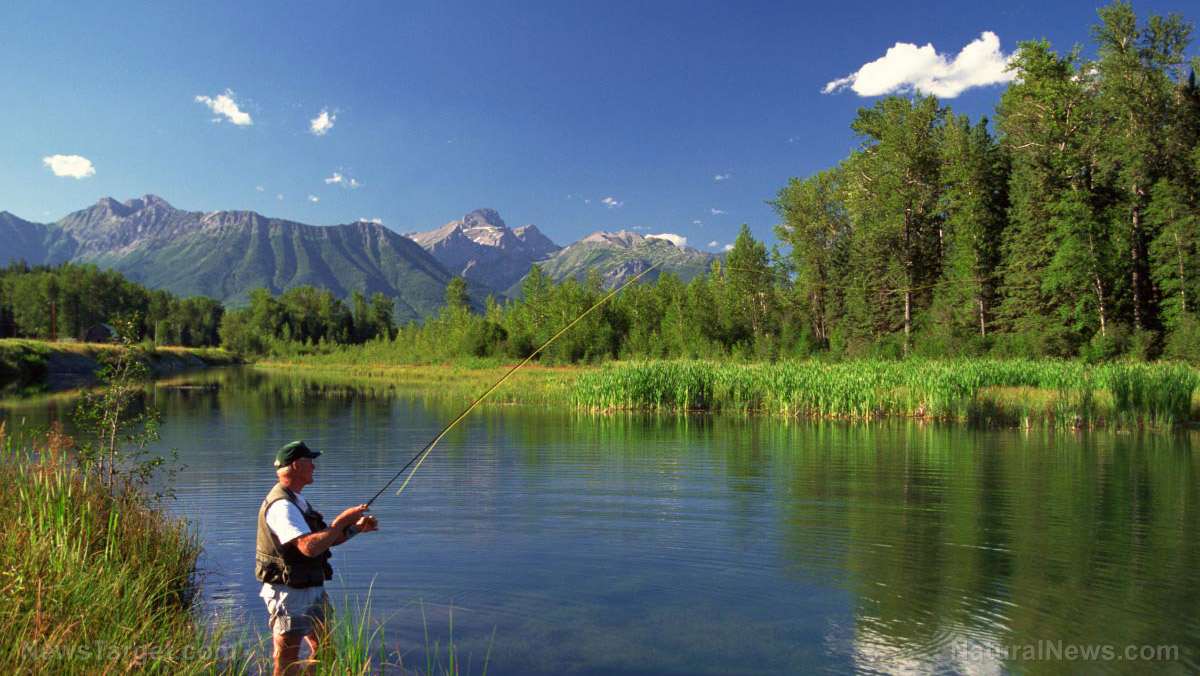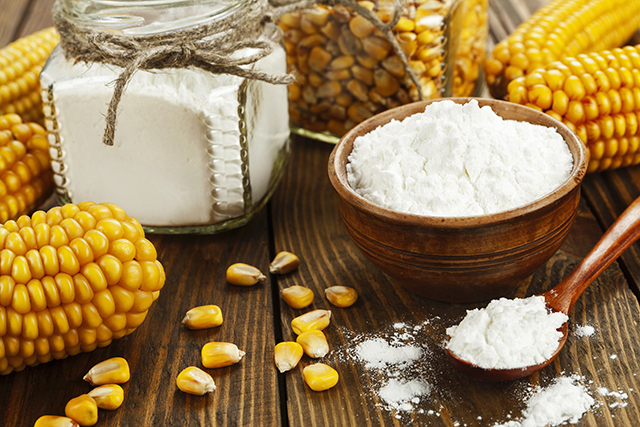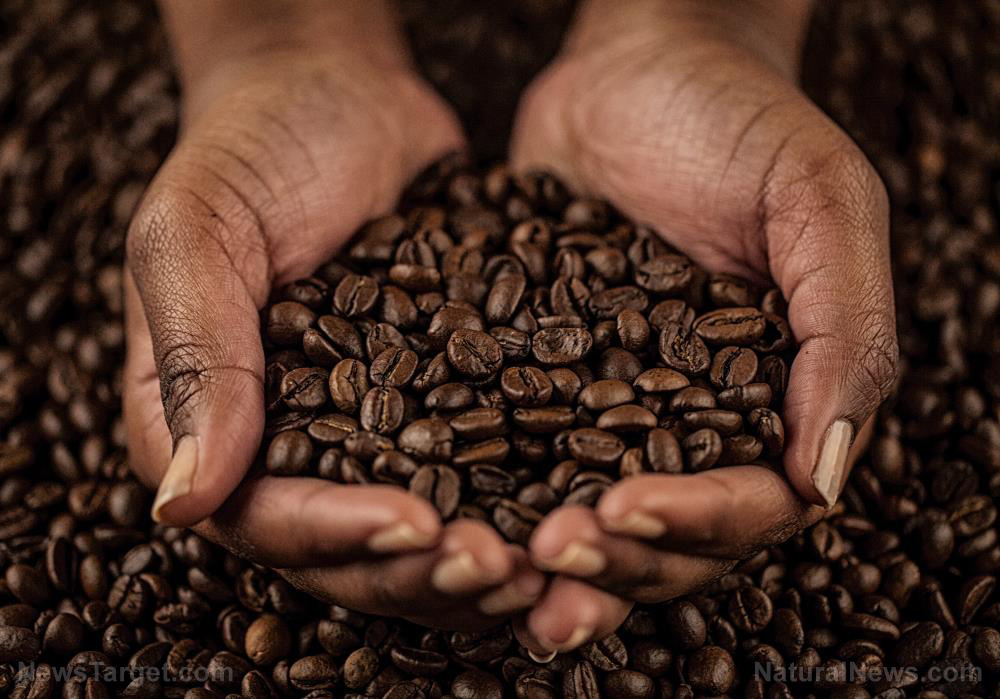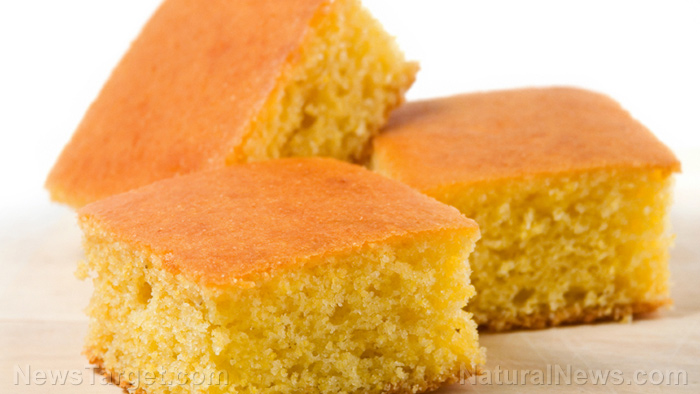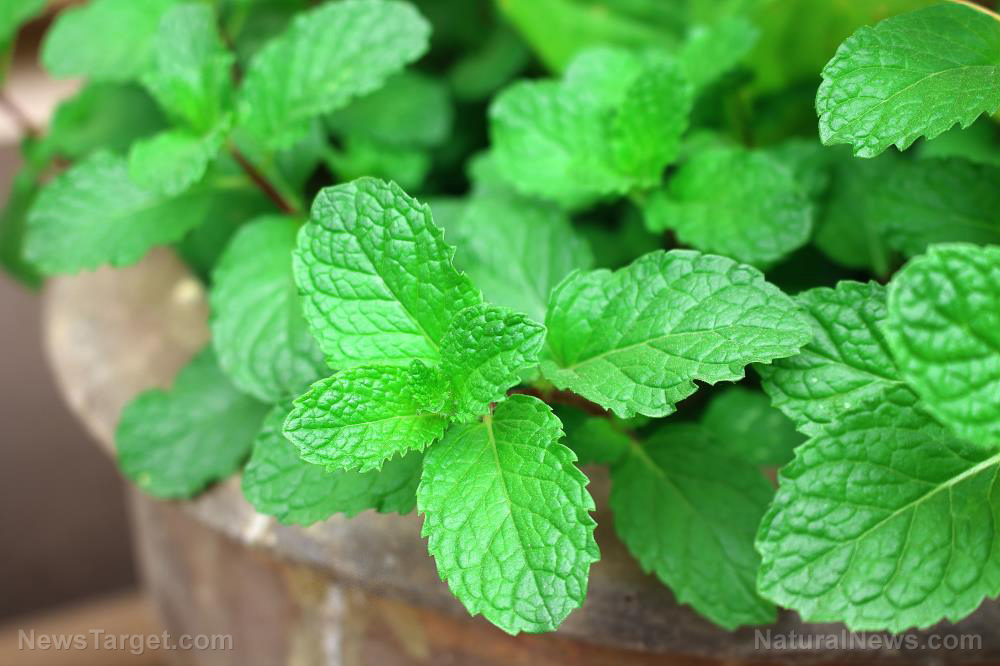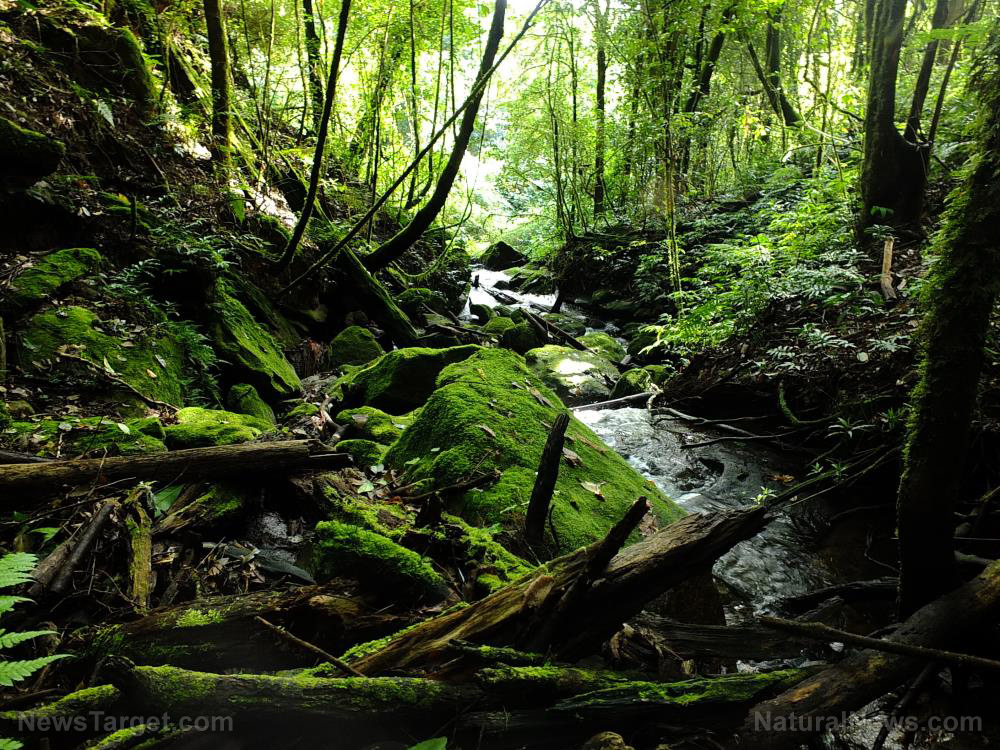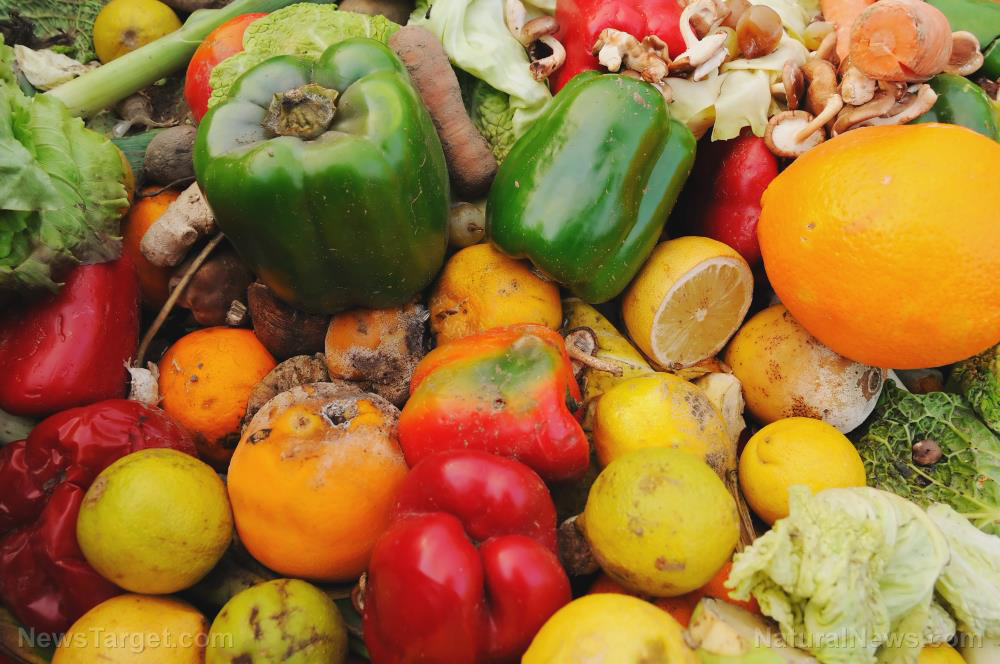11 Mistakes you can’t afford to make when moving off grid
06/17/2017 / By Jayson Veley
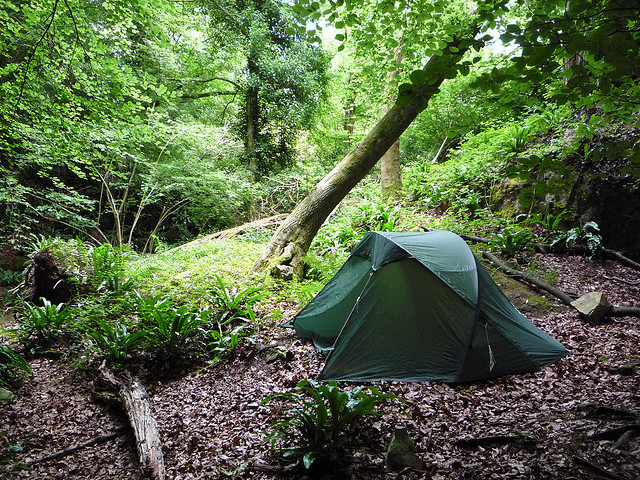
It may be unsettling or unnerving to think about, but given the ever-expanding threat of nuclear war or economic collapse, there may come a day when we’ll be forced to live off the grid if we want to survive. But in the event that doomsday does arrive, and if you have no choice but to adapt to life on the outskirts of society, it’s extremely important to know not only what to do, but also what not to do. Below is a list of 11 mistakes to avoid when living off the grid.
Not Accounting for Weather Conditions and Radiation Threats
Choosing a place to settle when you’re living off the grid requires you to consider a number of factors. For instance, many places in California and Canada have contaminated soil and water due to the ongoing nuclear situation in Fukushima. Aside from that, it’s important to avoid any area that is within 100 miles of a nuclear power plant or a nuclear waste facility.
When choosing a location to live, pay close attention to weather patterns. Knowing what the regional weather conditions are can help you prepare, and could even mean the difference between life and death.
Not Having a Means of Income
Even though living off the grid may give you the ability to be completely self-sufficient, and despite the fact that you may have everything you need coming from the land itself, it is still a good idea to maintain some contact with the rest of the world so that you can have a bit of a monetary income. It is important to diversify your stockpile, and even though certain cryptocurrencies like the Bitcoin can be dangerous, you never know when you’re going to need some money in this form of currency (RELATED: Here are ten super affordable survival items that you can stock up on right now).
Lack of Experience with Growing Food Underground
If the outside world becomes hostile or even uninhabitable, it may be necessary to seek shelter underground. When built correctly, underground bunkers can last for generations. However, as you can probably imagine, the lack of light in an underground homestead makes it nearly impossible to grow foods and herbal remedies. This is a skill you will have to learn before you fully embrace this lifestyle.
Inability to Generate Power or Communicate
Just because you are living off the grid doesn’t mean you should completely shut out the rest of the world. But without electricity or the ability to generate power, devices like the radio and other communication systems are nothing but chunks of plastic with a few knobs and switches. Make sure you know how to generate electricity using solar and wind-based methods.
Lack of Knowledge and Ability to Manage Sanitation Issues
Not knowing how to properly manage sanitation issues can lead to devastating consequences, not the least of which is some kind of a serious disease outbreak. There are a number of things to consider when living off the grid to help keep yourself healthy and your home clean, including what to do with bathing water, what to do with kitchen garbage, how to dispose of old paint and chemicals, and how to manage nuisance insects.
It is advised that you focus on systems that allow you to recycle as much as you can without the use of dangerous chemicals. Look for ways to compost kitchen waste and convert it into some type of fuel.
Lack of Medical Knowledge and Skills
Eating healthy and staying fit in normal, everyday life is important, but eating healthy and staying fit while living off the grid is absolutely vital. It will be tempting at times to wolf down a hotdog or a juicy burger, but such foods are often filled with pesticides and antibiotics, both of which can cost your wellbeing and possibly your life.
In addition, failing to exercise, drinking, smoking and the use of recreational drugs will also take a toll on your health. If you want to keep moving and stay in good physical shape, it’s important to avoid all of these things to the best of your ability. It’s also important to educate yourself about emergency medicine, herbal remedies, and the side affects that can result from the drugs you use.
Lack of Self and Property Defense Equipment and Skills
It is naïve to think that just because you are living off the grid in the middle of nowhere means you will always be safe from crime and violence. Make sure that you know how to properly defend yourself and your property, because failure to do so will cause you to wind up dead.
Inability to Store and Prepare Foods
Storing and preparing foods while living off the grid is much more difficult than a lot of people realize. For instance, people tend to think that canning is a simple task because there are hundreds of recipes that can be found online, and the supplies needed to do it can be easily acquired. However, canning is actually a difficult process, as it requires you to carefully time the water baths, and to also know how to seal down hot bottles at the exact moment they are ready to be sealed.
You also need to establish an effective inventory system to ensure that you never run too low on food. Failure to do so could result in not only a lack of food, but also food that is contaminated as a result of improper storage.
Inability to Obtain and Purify Water
You don’t exactly need to be a survivalist to know that water is an essential part of life. Without it, there is no chance that you can carry on for longer than a few days. This is problematic for those who live off the grid, because most surface level water is contaminated by medications, fluoride, heavy metals or nuclear waste. For most people, the answer to this is to distill the water before drinking it to ensure the safety of themselves and their fellow survivalists.
Inability to Make Clothes
If you are unable to make your own clothes, then at some point you will find yourself totally exposed to the elements. Clothes do more than simply cover up our most intimate parts; they keep us warm when its cold outside and can protect us from many obstacles that nature throws in our way, such as thorns and certain insects. Knowing how to make your own clothes will make it so that you are never fully exposed to the harshness of the natural world.
Sources:
Tagged Under: health, off the grid, prepping, survival

